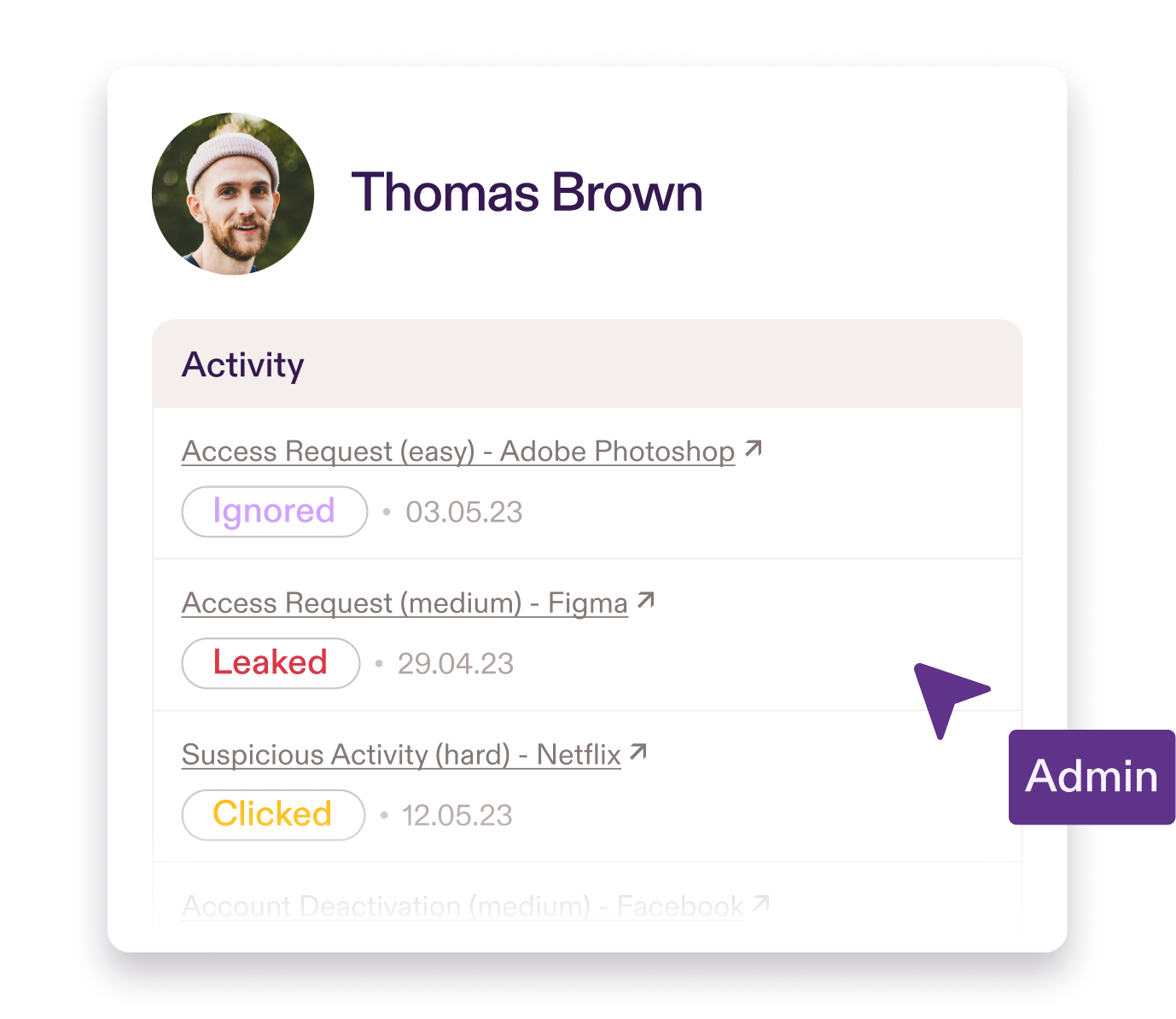Why are Phishing Voicemails on the Rise?
You might wonder why scammers are bothering with voicemails when emails seem to do the trick just fine. Well, the answer is simple – people are getting smarter when it comes to spotting phishing emails. We've all learned to scrutinize suspicious links and sender addresses, so they had to come up with something new.
And that's where voicemails come in. We're more likely to let our guard down when it comes to messages on our phones. After all, who hasn't received a voicemail from an unknown number before? It's a clever tactic to catch us off guard when we least expect it.
The Phishing Landscape
Phishing, as we know it, has been haunting our email inboxes for years. Cybercriminals have been posing as trusted entities such as banks, social media platforms, or online stores to deceive us into sharing personal information. But recently, they've decided to cast their lines even further, and voicemail has become their new playground.
In the past, phishing emails often contained suspicious links or attachments. Now, voicemails play a similar tune, but instead of clicking a link, you're prompted to call back a number or leave personal details via voice response.
The Tricks Up Their Sleeves
Curious about how these phishing voicemails sound so real? It's because the attackers are really good at pretending to be someone else, like changing roles to trick us. They'll often pretend to be from well-known companies, agencies, or even charities, tugging at our heartstrings or sparking our curiosity. Their objective is simple - to make us panic or act impulsively and reveal sensitive information like passwords, account numbers, or social security details.
In some cases, phishing voicemails might ask you to call back a specific number urgently, claiming there's an issue with your account. Once you do, you'll be greeted with an automated message, asking for personal information, or worse, you might be connected to a smooth-talking scammer pretending to be a customer service representative.
The Danger of Falling for the Bait
So, what's the worst that could happen if you fall for a phishing voicemail? Well, a lot. These cybercriminals aren't just interested in getting to know you better. They want to exploit your personal information to gain unauthorized access to your accounts, steal your identity, or even empty your bank balance. Imagine the shock of discovering your hard-earned savings vanished overnight or your credit cards maxed out without your knowledge.
Furthermore, these attackers might use the information they gather to orchestrate elaborate identity theft schemes or sell your data on the dark web, paving the way for endless headaches and financial losses.
How to Spot Phishing Voicemails
Now that we know what we're up against, let's learn how to spot these phishing voicemails before they sink their hooks into us:
Check the Caller ID: If the voicemail claims to be from a reputable company, verify the caller ID to see if it matches their official number. Scammers often use "spoofing" technology to make it seem like they're calling from a legitimate source.
Think Twice Before Calling Back: Don't rush to call back the number they provide. Instead, look up the official contact information of the company separately and call them directly to verify the message's authenticity.
Beware of Urgency: Phishing voicemails often create a sense of urgency to pressure you into taking immediate action. Remember, reputable companies won't demand urgent information over the phone.
Avoid Sharing Personal Info: Never share sensitive data like passwords or credit card details over the phone, especially if you didn't initiate the call.
Stay Informed: Keep yourself updated on the latest phishing tactics and educate your friends and family about these scams too.
Training and Security Awareness
Education is the first line of defense. By raising awareness about this deceptive tactic, individuals can develop a keen eye for recognizing the signs of a potential scam. Cybersecurity training can empower users to stay skeptical, think critically, and question the legitimacy of unexpected voicemails.
At Pistachio, our core mission revolves around the power of education for enhanced security. We hold the belief that knowledge is the ultimate tool for ensuring safety in the digital domain. Our fully automated platform isn't just about providing training; it's about empowering individuals with the insights and skills necessary to make wise choices in the online sphere.
As we equip ourselves and our communities with the knowledge to detect and report phishing attempts, we create a strong defense line that safeguards our personal information and contributes to a safer digital environment for all.

